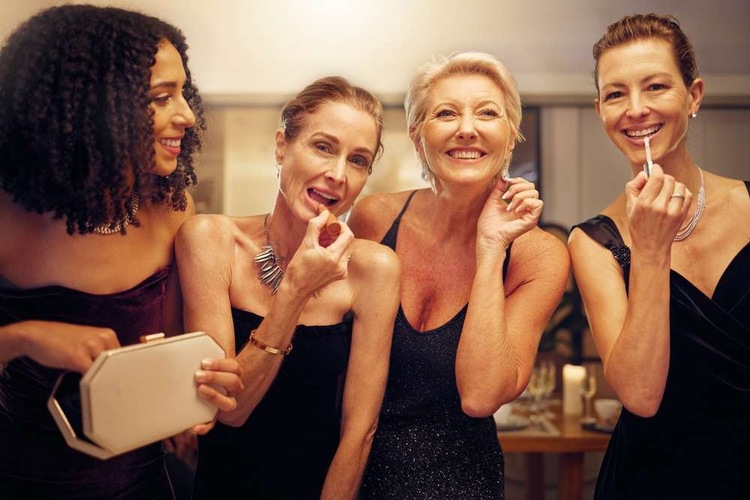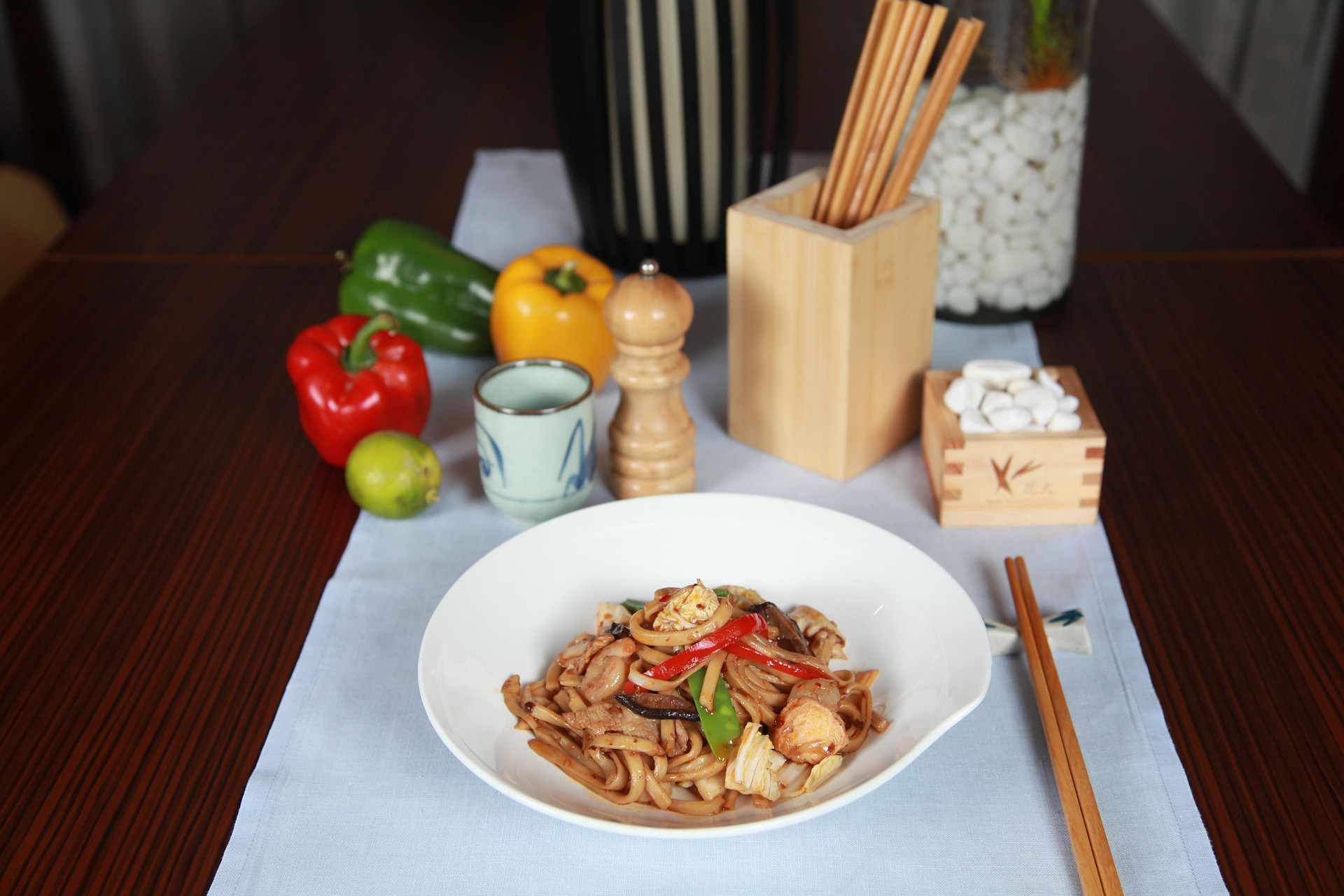The Art of Perfumery: Crafting Scents Through the Ages
When we think about beauty, we often gravitate towards the visual: makeup, skincare, fashion. However, the realm of beauty extends well beyond what meets the eye. Our senses of touch, taste, and especially smell, play a crucial role in how we perceive and appreciate beauty. Among these, the art of perfumery stands as a testament to the power of scent. Perfumes have been an integral part of human civilization, used in religious rituals, for personal adornment, and even as a form of medicine. This article delves into the fascinating world of perfumes, tracing their historical roots and examining their modern significance.

Perfumery in Antiquity: Fragrance as Divine Offering
The art of perfumery is as old as civilization itself, with the earliest records dating back to ancient Egypt around 2000 BC. Perfumes were considered divine and used in religious rituals to please the gods. The Egyptians were experts in creating complex scents using a wide variety of ingredients, including myrrh, frankincense, lotus, and jasmine. They even had a god of perfume, Nefertum, who was also the god of healing.
In ancient Rome and Greece, perfumes were used in public baths and at extravagant feasts, signifying wealth and status. The Romans were known to use scented fountains and even scented doves to enhance their surroundings.
Perfume in the Middle Ages: Medicine and Magic
Perfume usage declined with the fall of the Roman Empire but saw a resurgence in the Middle Ages. The connection between scent and health was well recognized, and perfumes were believed to ward off disease. The infamous ‘Plague Doctor’ masks were filled with aromatic herbs thought to protect against the plague.
During this time, perfumes also took on a mystical quality. They were believed to have magical properties and were used in alchemical processes. The use of musk, ambergris, and civet, all animal-derived scents, increased during this period, adding a new dimension to the world of perfumery.
The Renaissance and Beyond: Birth of the Perfume Industry
The Renaissance marked a significant turning point for perfumery. With advancements in chemistry, perfume making became a refined art and a booming industry. Italy, and later France, became the epicenters of this industry. Grasse, in the south of France, became known as the perfume capital of the world due to its abundant flower fields and advancements in extraction techniques.
The 18th and 19th centuries saw the development of many of the classic perfumes we know today. The creation of synthetic ingredients in the late 19th century revolutionized the industry, allowing for a broader range of scents at a lower cost.
Modern Perfumery: Crafting Personal Narratives
Today, the perfume industry is a multi-billion dollar global business, with perfumes being used not just as personal adornment but also as a form of self-expression. Perfumes have become deeply personal, with many people associating specific scents with memories and emotions.
The trend of bespoke perfumes, where a scent is custom-made for an individual, underscores this shift towards personal narratives. Celebrities and fashion houses releasing their signature scents have further popularized this idea of scent as a personal brand.
The Future of Perfumery: Sustainability and Inclusivity
The perfume industry, like many others, is grappling with the need for sustainability. The use of endangered plants and animal-derived ingredients has come under scrutiny. In response, many brands are turning to sustainable sourcing and creating synthetic alternatives.
Another significant shift is the move towards gender-neutral perfumes, challenging the traditional binary of ‘masculine’ and ‘feminine’ scents. This trend aligns with broader societal shifts towards gender inclusivity, proving that the world of perfumery, like beauty, is continually evolving to reflect the world around us.
In conclusion, the art of perfumery has had a long and fascinating journey from the temples of ancient Egypt to the high-end boutiques of today. Perfumes have served as divine offerings, status symbols, protective amulets, and personal narratives. As we move forward, the focus is on creating sustainable and inclusive scents, continuing the ancient tradition of capturing beauty in a bottle.




